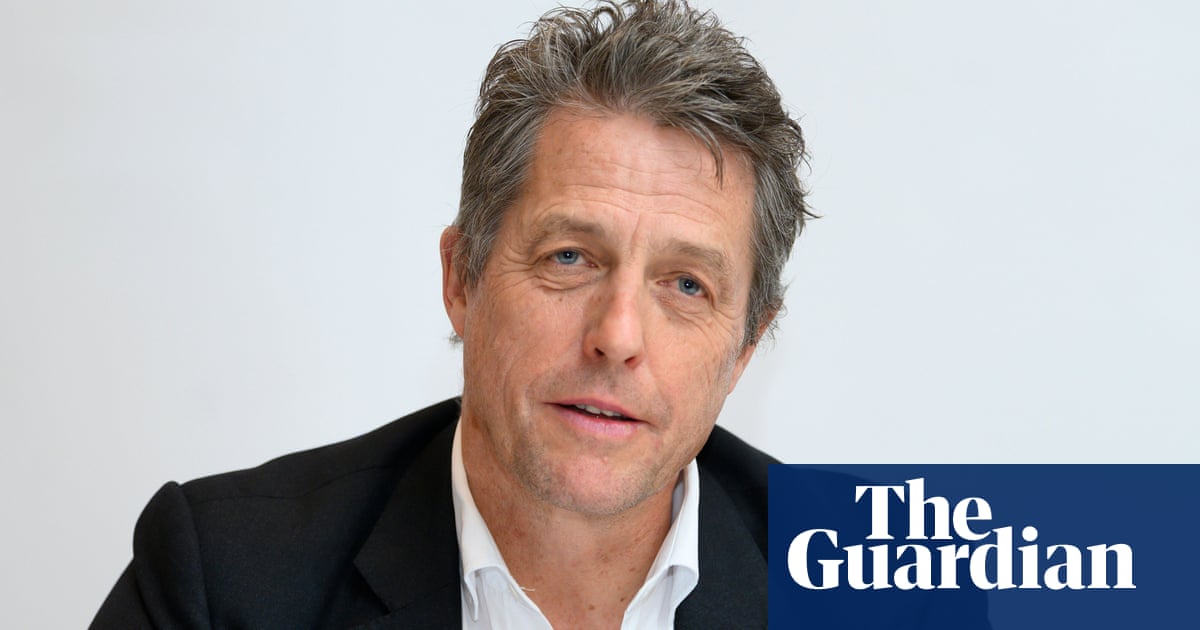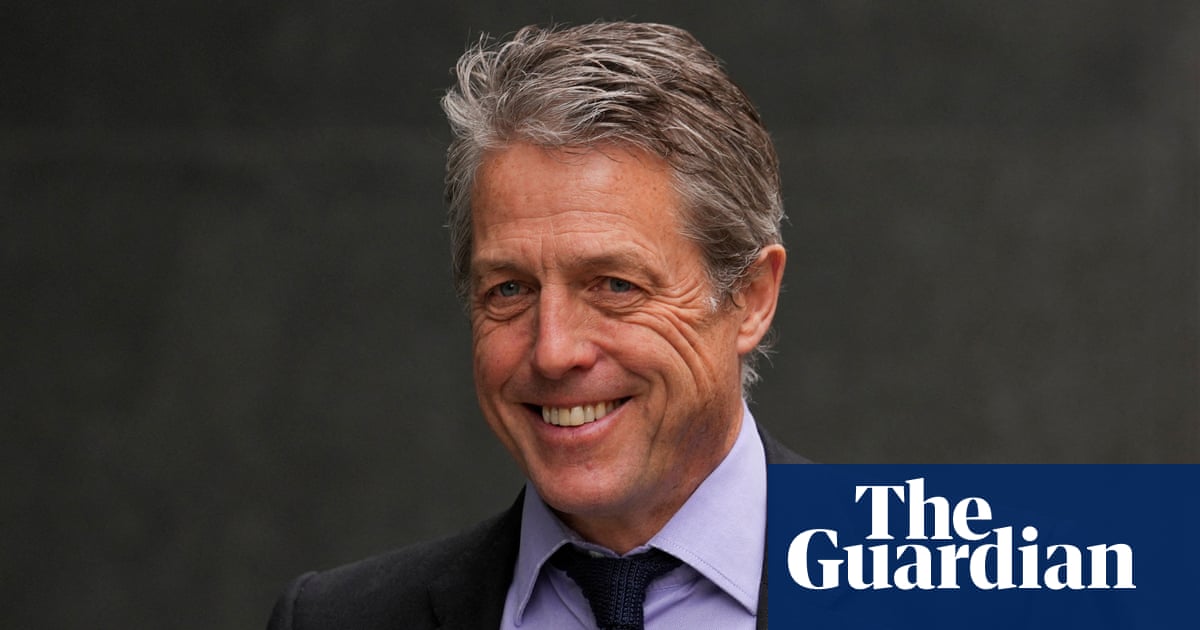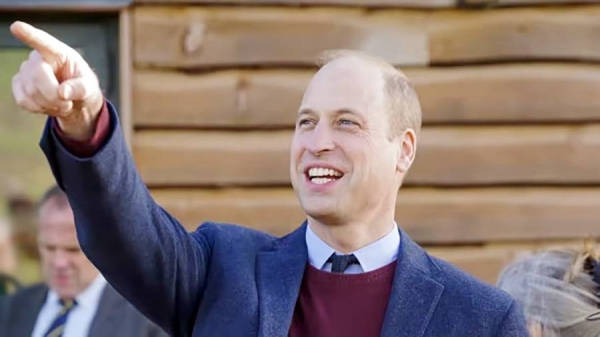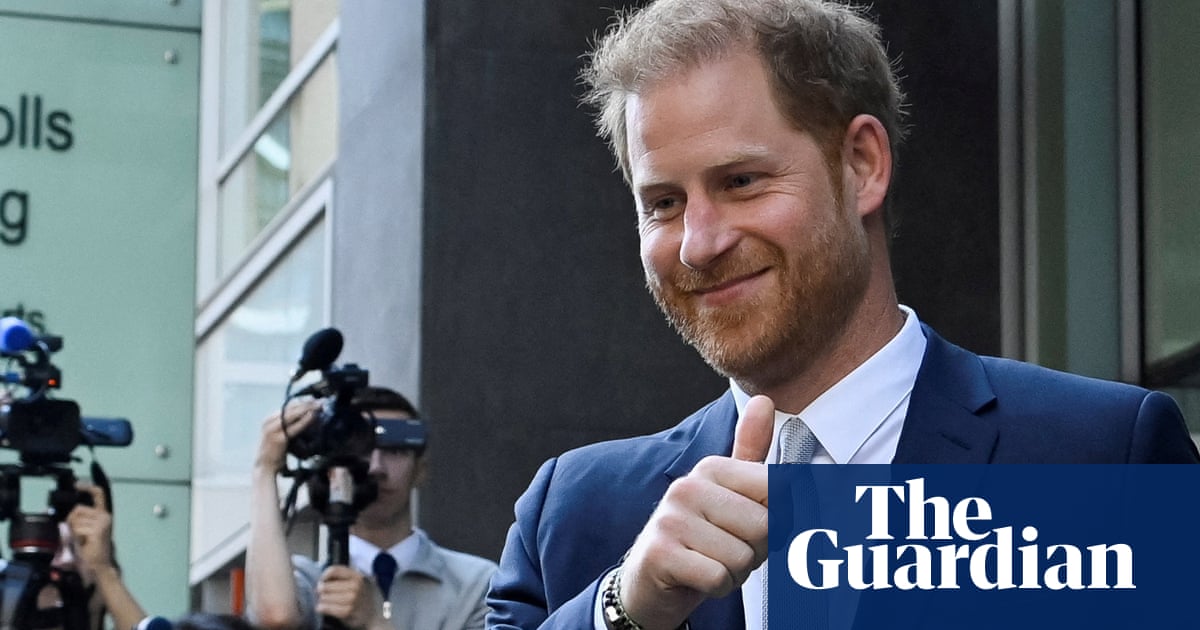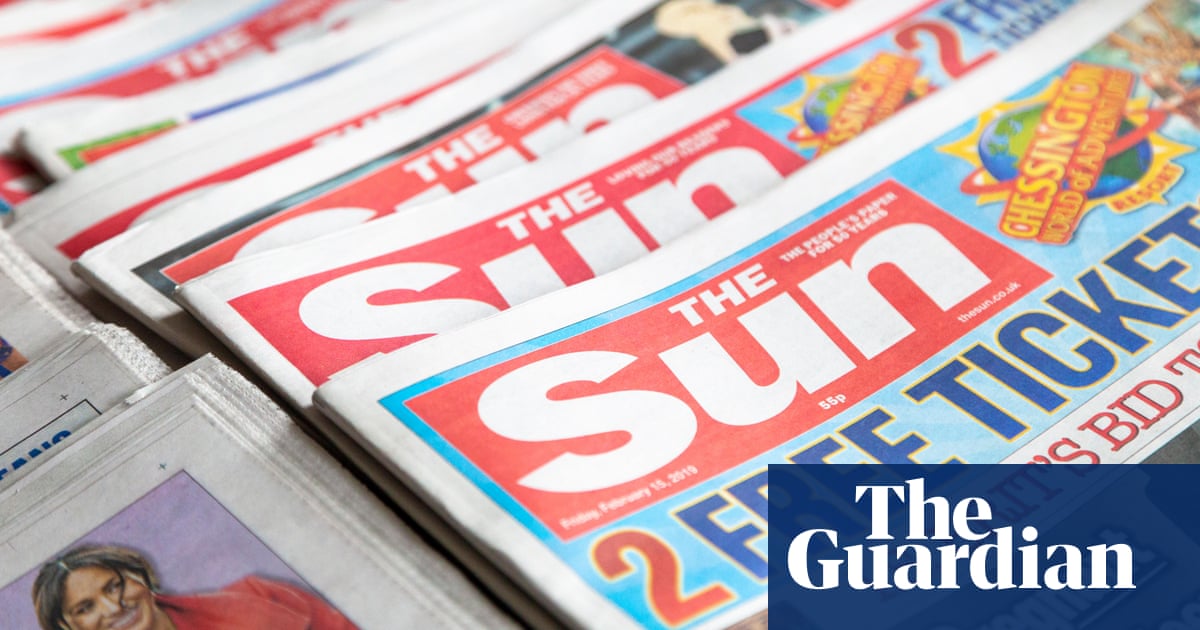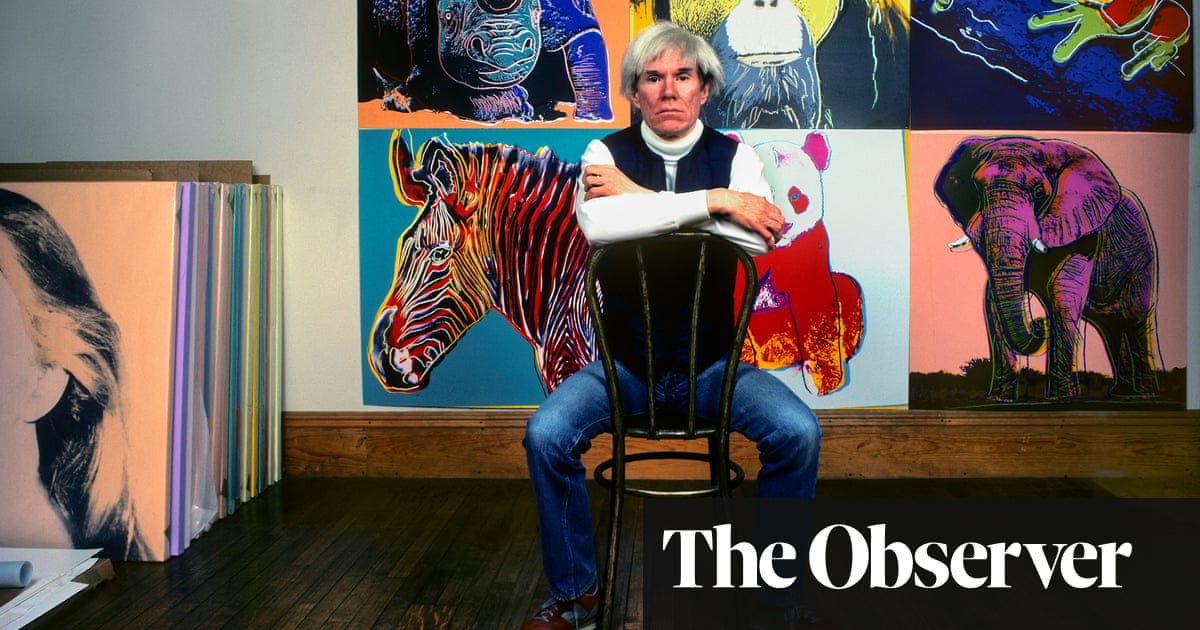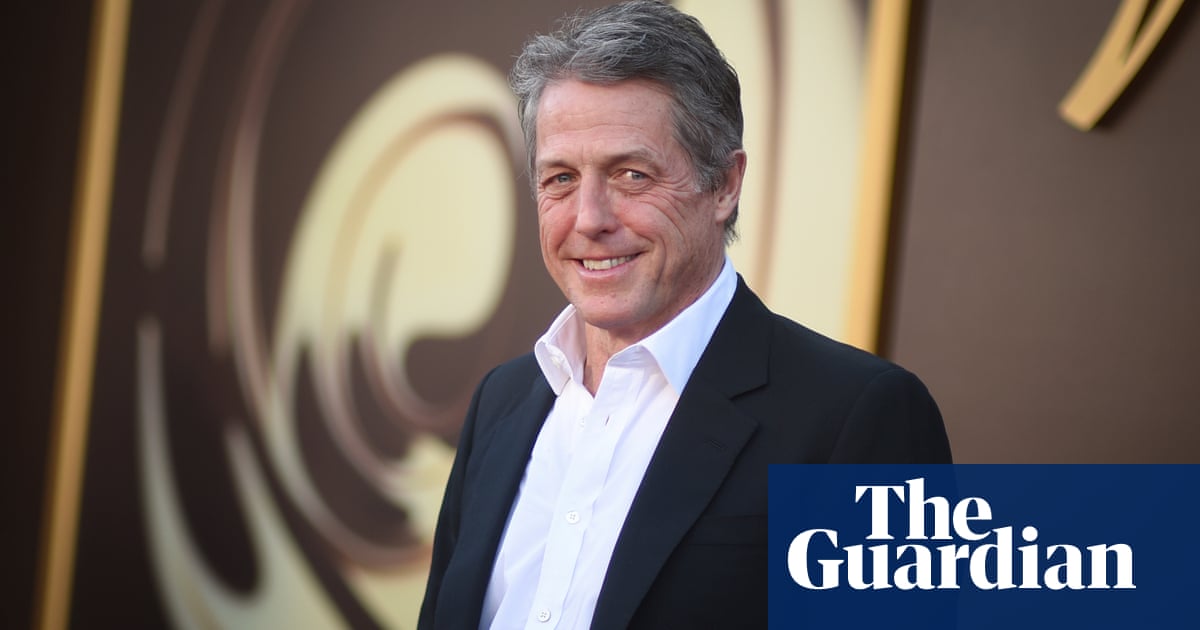
Why did Hugh Grant settle even though he wanted to fight on?
The actor has accepted an “enormous” settlement from the Sun in return for dropping his claim that he was illegally targeted by the newspaper’s journalists.
Grant had said he had wanted to fight the case and go to trial, where the Sun’s top executives could be called to give evidence. But he has concluded he cannot afford to turn down the payout from the Rupert Murdoch-owned newspaper, which he will be donating to press regulation charities.
This is because of a quirk in the way the English legal system encourages both sides to settle cases before trial or risk financial oblivion owing to the legal costs involved.
It all hinges on a technical piece of civil law procedure known as a “Part 36 offer”.
The Sun has used this provision to offer Grant what he has called an “enormous” amount of money to settle the case. The actor’s lawyers have advised him that this is more money than he is likely to be awarded in damages by a judge after a trial, even if his case were completely successful.
As a result, under the Part 36 rules, even if he were victorious at trial, Grant could find himself having to pay the enormous legal costs for both sides.
As Grant wrote on X: “If I proceed to trial and the court awards me damages that are even a penny less than the settlement offer, I would have to pay the legal costs of both sides.”
This is because, in the eyes of the court, he would have wasted everyone’s time by fighting the case when he could have accepted more money at a much earlier date.
Doesn’t this stop justice being seen to be done?
This system is designed to encourage financial settlements without putting claimants through the stress of court appearances, while also reducing legal costs.
But it does create an incentive for those accused of wrongdoing and desperate to avoid a messy public trial, where senior executives could be called to give evidence, to offer more money than could ever realistically be awarded by a judge. In addition, such settlement offers can be made without any public acceptance of wrongdoing.
Grant said: “Rupert Murdoch’s lawyers are very expensive. So even if every allegation is proven in court, I would still be liable for something approaching £10m in costs. I’m afraid I am shying at that fence.”
Is this the first time the Sun has settled in this manner?
No. Hundreds of cases have been settled by the Sun’s parent company this way, relating to both the newspapers still being published and the defunct News of the World.
Many of the people who accepted settlements said they did not feel justice had been done as they were unable to air their evidence in open court and have a judge rule on the veracity of their allegations.
The actor Sienna Miller reluctantly accepted a large financial settlement over her claims of phone hacking at the Sun. She said in 2021: “I wanted to go to trial. I wanted to expose the criminality that runs through the heart of this corporation.” Despite being a successful film actor, Miller said she could not afford the “countless millions of pounds to spend on the pursuit of justice” required to take the case to trial.
If there was no illegal behaviour at the Sun, why does News Group not fight the accusations?
The answer remains unclear. A spokesperson for the newspaper offered this explanation: “It is in both parties’ financial interests not to progress to a costly trial.”
Grant described his payout as having the stench of “hush money” and said: “As is common with entirely innocent people, they are offering me an enormous sum of money to keep this matter out of court.”
What is the legal position of the Sun?
It is accepted that phone hacking was widespread at the News of the World during the 00s, but Murdoch’s company has always insisted that the Sun – edited by the current News UK chief executive, Rebekah Brooks, during much of this period – was not involved in illegality. Brooks was found not guilty of phone hacking in a criminal trial in 2014.
No claims against the Sun have ever gone to trial, although several “Sun-only” claims relating to alleged illegal behaviour when Brooks was editor have been settled without an admission of guilt. The company’s total bill for phone hacking cases over the last two decades has now passed £1bn.
Will anyone ever take the Sun all the way to trial?
They would risk ending up paying millions of pounds in legal fees for the right to do so. Prince Harry, who has brought a parallel case alongside Hugh Grant, is probably the only sufficiently wealthy and determined claimant who could now fight all the way to a trial. His case remains scheduled for January 2025 – and he has given no indication that he will settle.





